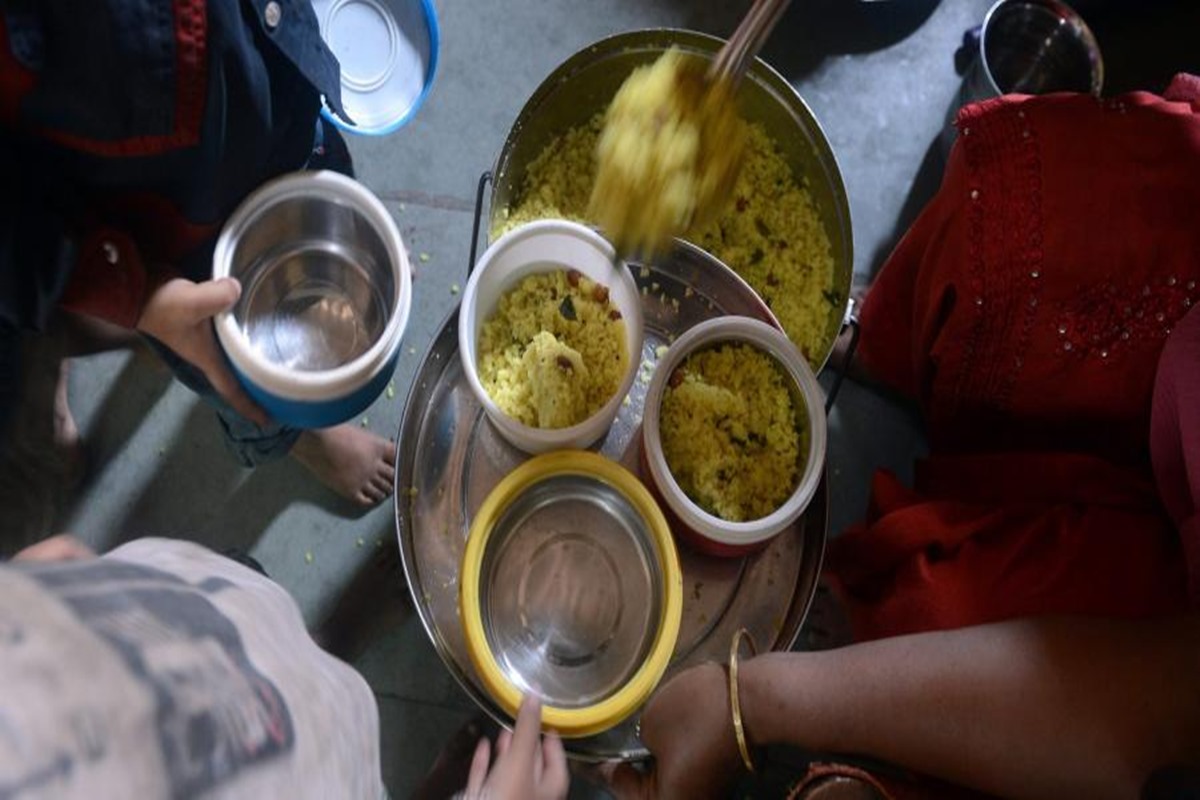India’s placement in the Global Hunger Index 2023 has stirred controversy, with the government terming it “erroneous and having malafide intent.” The index, released recently, has positioned India at a concerning 111th out of 125 countries, signifying a serious level of hunger within the nation.
India’s score on the index stands at 28.7, landing it behind neighboring countries like Pakistan (102nd), Bangladesh (81st), Nepal (69th), and Sri Lanka (60th). However, the country outperformed the South Asia and Africa South of the Sahara regions, both recording a score of 27.
The rate of undernourishment in the country stands at 16.6 percent, while under-five mortality rests at 3.1 percent. Alarmingly, the prevalence of anemia among women aged 15 to 24 years is a staggering 58.1 percent.
In response to the rankings, India’s Ministry of Women and Child Development has vehemently criticized the report, deeming it “flawed” and a poor reflection of India’s actual status. They argue that the Global Hunger Index fails to accurately measure hunger in the country and is burdened by methodological shortcomings.
A significant portion of the criticism is directed towards the four indicators used in the index calculation, three of which pertain to child health and may not accurately represent the entire population. The fourth indicator, Proportion of Undernourished population (PoU), relies on an opinion poll conducted with a small sample size of 3,000.
The 2023 Global Hunger Index paints a grim global picture as well, indicating that despite extensive efforts, progress against hunger worldwide has come to a standstill. According to United Nations officials, a staggering 783 million people, equating to one in every ten individuals on the planet, go to bed hungry each night.
South Asia and Africa South of the Sahara continue to grapple with the highest and most persistent levels of food insecurity and undernutrition, a situation exacerbated by their large youth populations.
Simultaneously, many young people view farming as unattractive and unprofitable, posing a challenge to addressing hunger and food security. A key issue contributing to the problem is the lack of food sovereignty, which encompasses the right of communities to access healthy and culturally appropriate food produced using sustainable methods.
Furthermore, it involves the right to define their own food and agriculture systems. This deficiency in food sovereignty threatens indigenous and local farming practices and knowledge systems.











